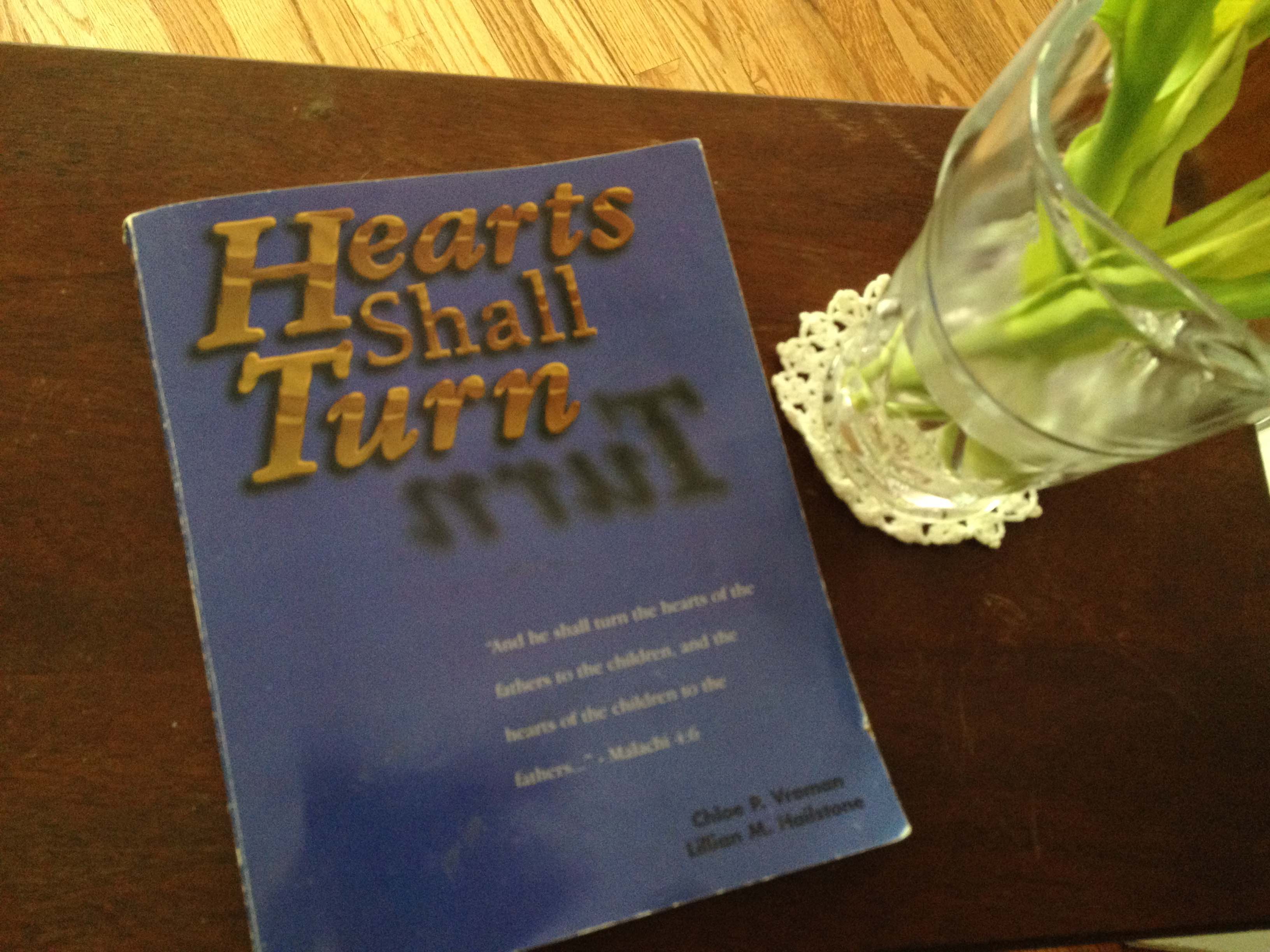
Poetry — A Vision of Words
Go Back to Lesson 2.
You are probably wondering what poetry has to do with writing your personal history. The answer is that poetry helps us use words that give visual imagery. Visual imagery will make your history breathe. A breathing history will be read and enjoyed.
Poetry forces you to think about your delivery. It helps you appreciate language more. And it invites you to be careful how your words come across. With the previous workshop, hopefully, you felt a mental stretch that is instantly gratifying as you reread your words.
Play with various forms. For the purposes of learning to write a personal history, we are merely peering through the door at the possibilities. You may not be interested in experimenting with all the forms available. But challenge yourself to learn new forms. Become familiar with them. You will find that your thoughts naturally fall into the rhythms. The learning of a form can provide you with new perspective. Your attempts will lead you to many imaginative discoveries.
Poetry can help you understand yourself. It can make you aware and can add new dimension to your personal history. And it can give you satisfaction and a special kind of joy. Write about your life experience. With your imagination, and with a great deal of hard work, you will be amazed with what you come up with.
When writing your poems, don’t just think memories and history. Think thoughts, ideas, beliefs, happiness, testimony, love, sadness,  accomplishment, etc. Anything that shows how you view life. This too is something your family will value.
accomplishment, etc. Anything that shows how you view life. This too is something your family will value.
Challenge:
Be daring, and complete more than one of these challenges:
- Take a Robert Frost, or Walt Whitman, poem and while keeping the rhythm, change some of the words to fit your own thought, memory, or life. (These poets write long poems, so enjoy the challenge, or just use a portion–you decide.)
- Using the form of Haiku, write one that expresses a fresh new morning (or whatever you would like to write about).
- Write a short memory in prose, as a first draft. Refine your story, eliminating unnecessary words in the second draft. For your final draft, revise it into a free verse poem. (Bonus points for rhyming). Share all three drafts with your classmates to show the changes.
- Using the format and rhythm of Dylan Thomas’ Do Not Go Gentle Into That Good Night, change the wording to fit your feelings toward an ancestor.
Go on to Lesson 4.
![journaling[1]](https://i0.wp.com/www.ldswomenofgod.com/blog/wp-content/uploads/2012/06/journaling1-150x150.jpg?resize=150%2C150)